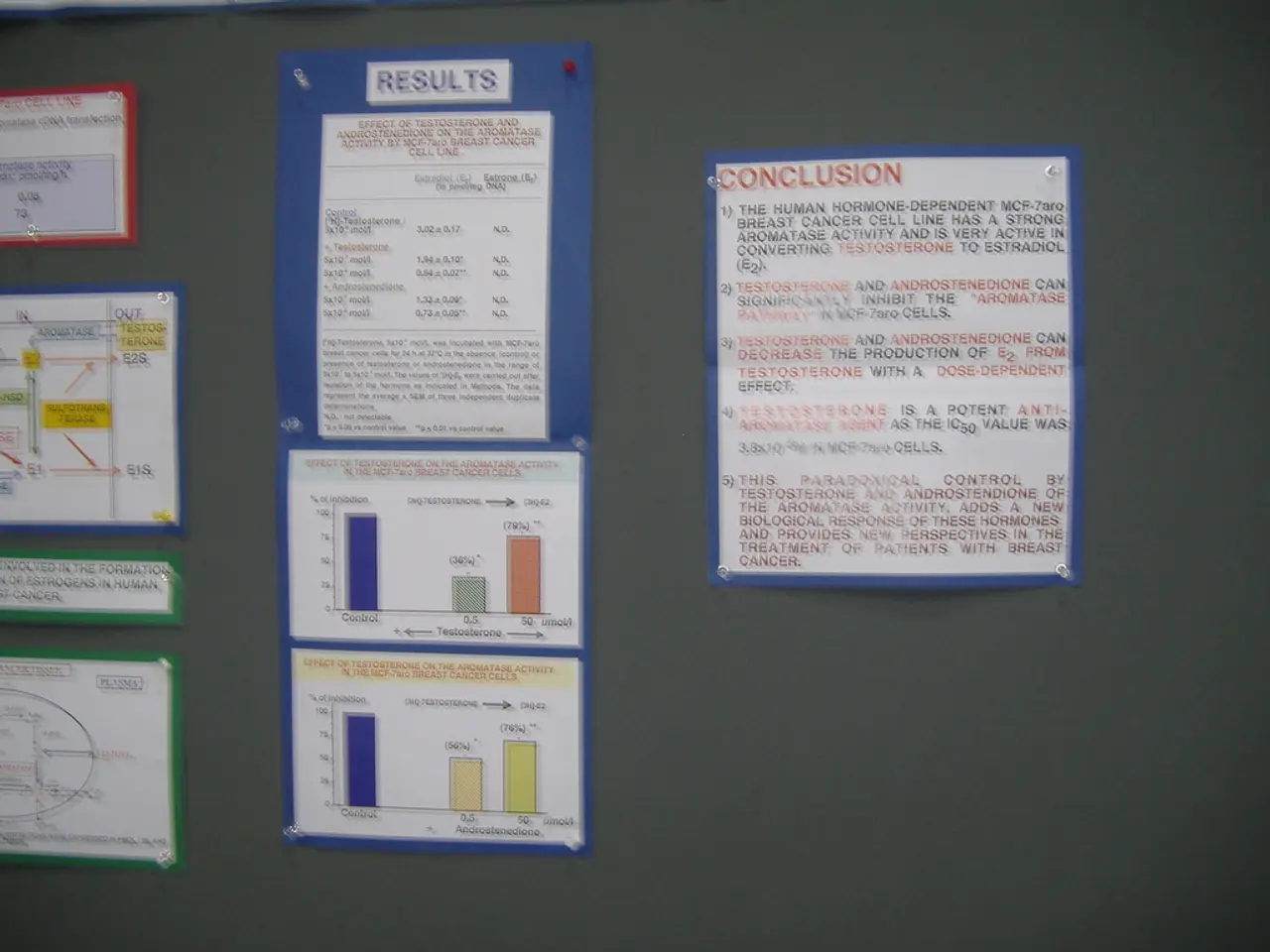Increased spending money available in the southwestern regions
In 2023, Baden-Württemberg, Germany's third-largest economy, faced a unique economic landscape. While the per capita income in the region increased nominally by six percent, reaching an average of 30,242 euros, the real income development was slightly negative due to a significant price rise.
The inflation rate in Baden-Württemberg reached an all-time high of 8.7% in February 2023, far exceeding its long-term average of 2.7% since 1969. Consumer prices in the region rose sharply, affecting the purchasing power of disposable income. However, the inflation rate gradually declined from its peak but remained relatively high throughout the year.
Despite the inflationary pressures, Baden-Württemberg's robust economy, with a 14.8% share of national GDP in 2022, supported higher disposable incomes. The growth in disposable income, though not enough to fully offset the inflation, enabled some real income growth compared to other regions.
The state's highly innovative economy, with significant investment in research and development and a strong industrial base, also contributed to wage growth and employment stability, which can counterbalance the inflationary pressures on real incomes.
Households in Baden-Württemberg rank among the highest in Germany in terms of disposable income. This income is calculated to determine how much money is available for consumption and saving, after taxes and social contributions are deducted. It includes income from employment, assets (so-called primary income), and recurrent transfers (predominantly monetary social benefits).
The Statistical Office in Fellbach reported the aforementioned income and price data for Baden-Württemberg in 2023. Despite the high nominal income increase, the real income development in per capita consideration led to slightly negative results in Baden-Württemberg in 2023.
It's worth noting that Baden-Württemberg came in second place nationwide, after Bavaria, in terms of per capita income. However, the economic resilience and sectoral strengths of Baden-Württemberg may have led to a relatively better real income development compared to the average inflation-induced erosion of purchasing power elsewhere in Germany.
In conclusion, while inflation was a major challenge in 2023, Baden-Württemberg’s economic structure and income growth contributed positively to real income development compared to the broader German average.
Other regions may have experienced a more severe erosion of real income due to inflation, given Baden-Württemberg's finance situation that allows a higher disposable income compared to other regions in Germany. Despite the high inflation rate, the financial management in Baden-Württemberg's economy might have helped in mitigating the impact on real incomes compared to other regions.




